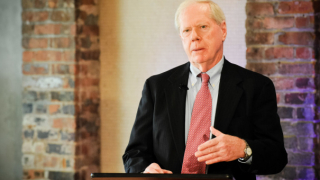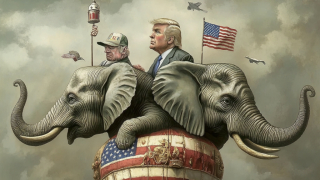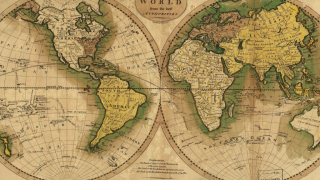See also
25.04.2013
America is not just a continent which, more or less randomly, takes place in the far West on the maps of the world, but at the same time is,...
19.07.2018
There are a number of elements in the recent release of an indictment of twelve named alleged Russian military intelligence GRU officers by Deputy...
13.03.2017
Secretary of State Rex Tillerson, a former oil executive with no government experience, has yet to make an impact in Washington, where he has not...
02.05.2022
US Hegemony is Constrained by Two Powers, Russia and China
06.06.2024
"BRICS is a dialogue of cultures," while the West is still outside BRICS because it insists that there are no cultures and civilizations other than...
26.07.2017
In the Siliguri Corridor, also known as the Chicken's neck, Chinese and Indian military forces sit on the respective sides of their vague borders and...
30.08.2016
As part of the new "Silk Road" a new rail route from Guangzhou City in Guangdong Province to the town Vorsino in the Kaluga region has been opened....
11.09.2024
Alexander Dugin applies Lacan’s three orders to US politics, arguing that while Kamala Harris and the Democrats seek to dismantle traditional...
20.10.2016
The number of US bonds has decreased dramatically in the last week (27.5 billion dollars). This decline is the biggest in this year. As a result, the...
09.05.2019
The simple fact that the USA was the inventor of the Internet through the DARPA military project of the Pentagon has impregnated a unique hegemony,...
27.10.2020
The wars of Europeans throughout history, though occasionally affecting a global power balance, wrought their primary destruction within Europe...
29.05.2019
Protestantism was and remains at the center of life in the States, and this means that Gnosticism is also central there, for Protestantism is Gnostic...












